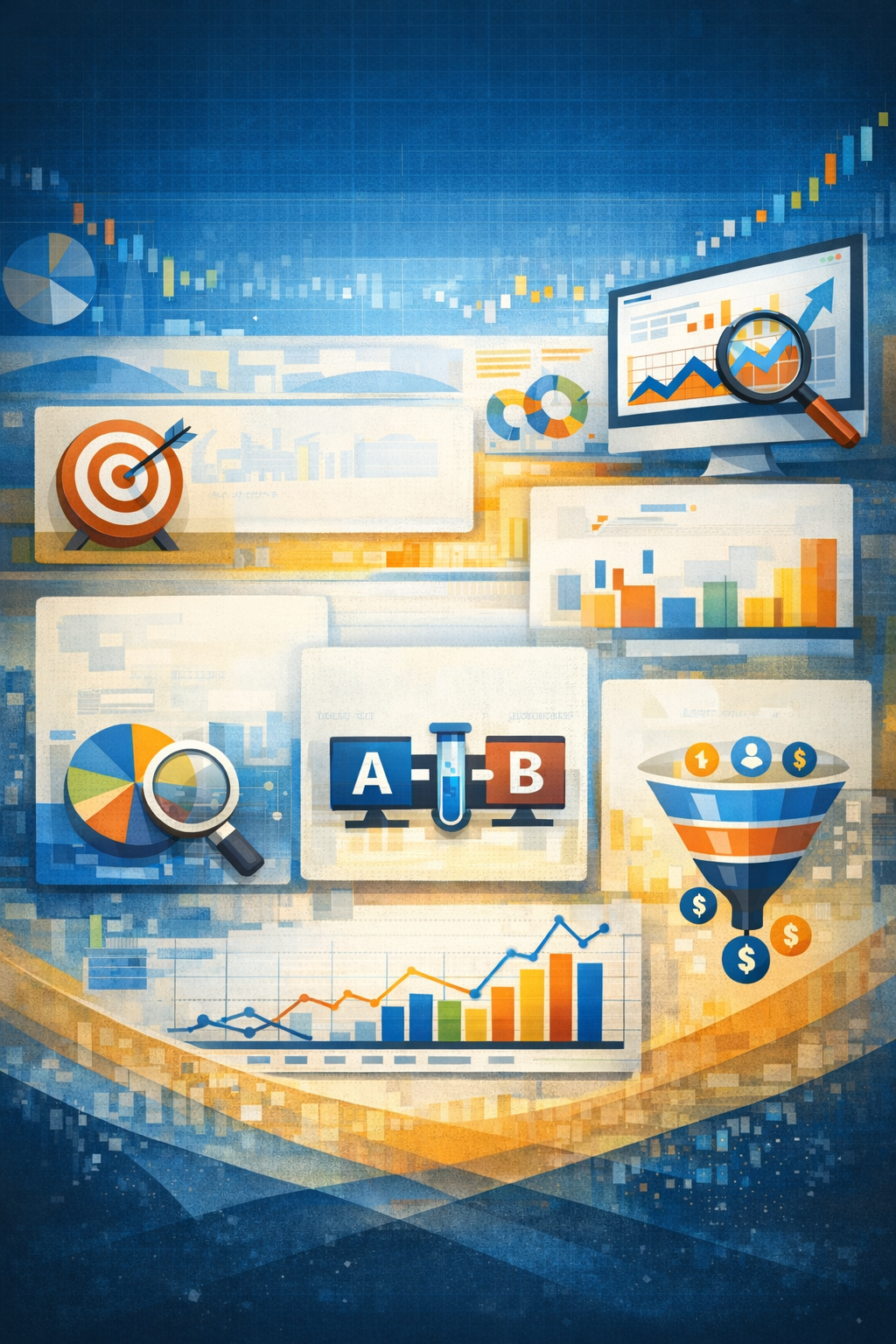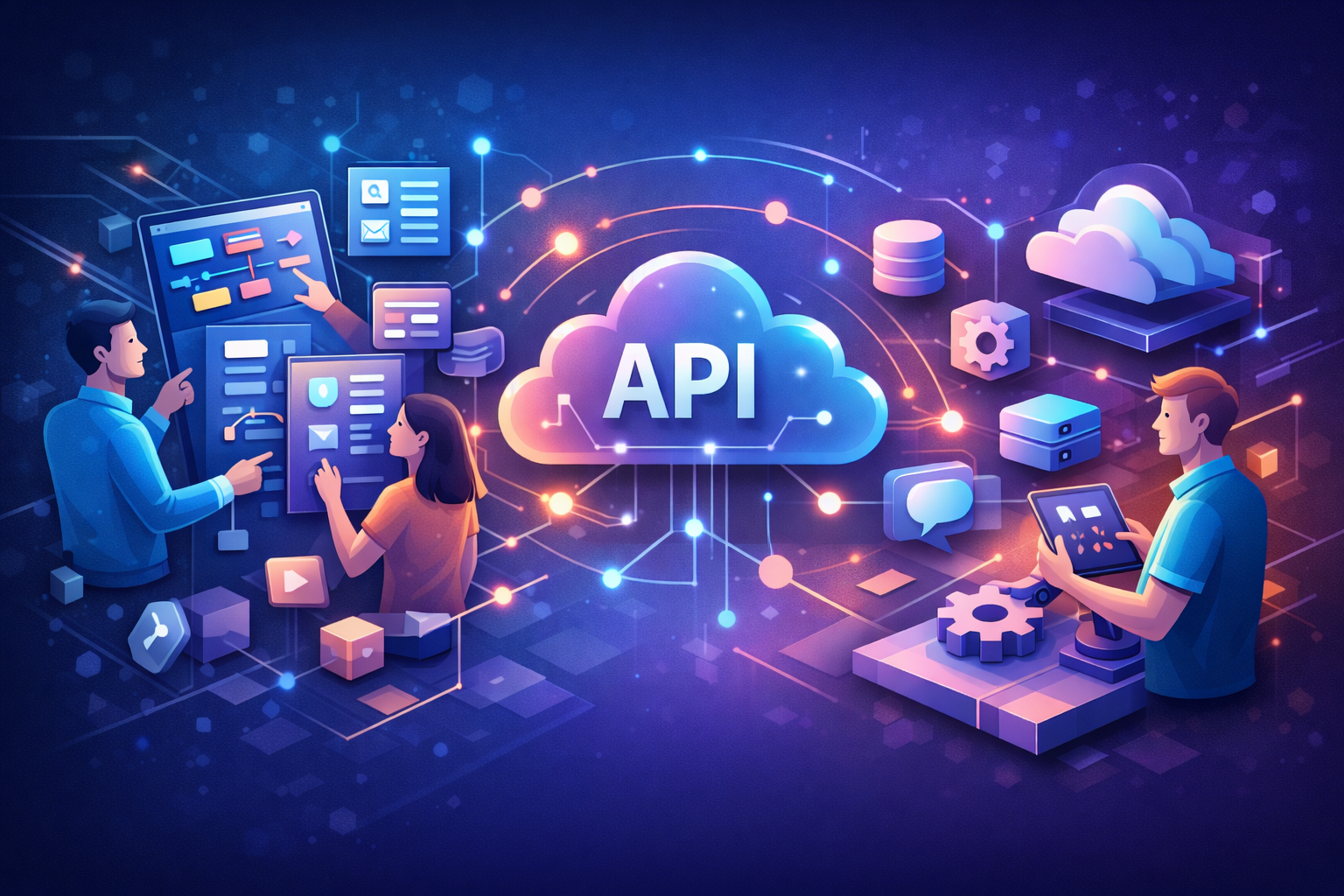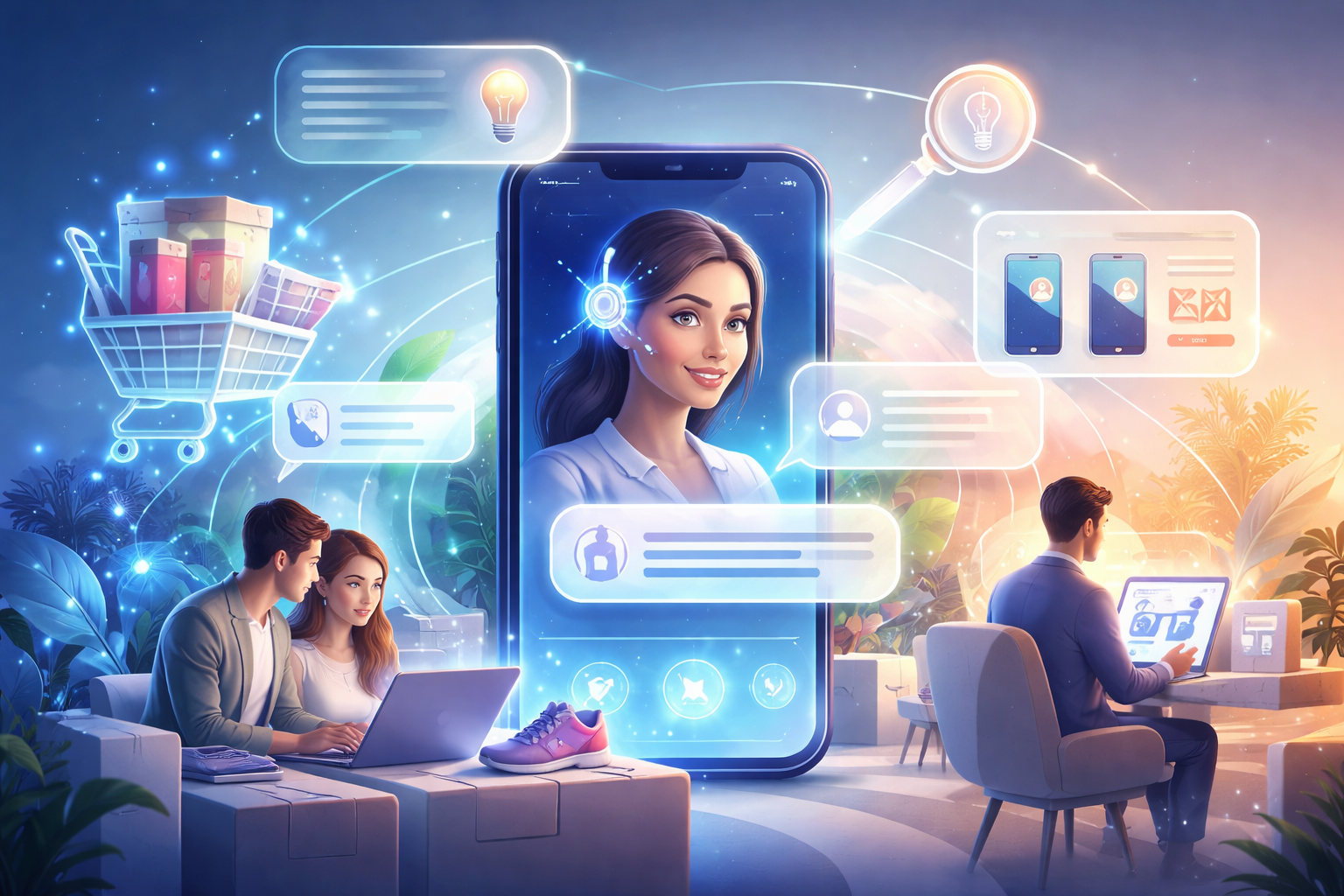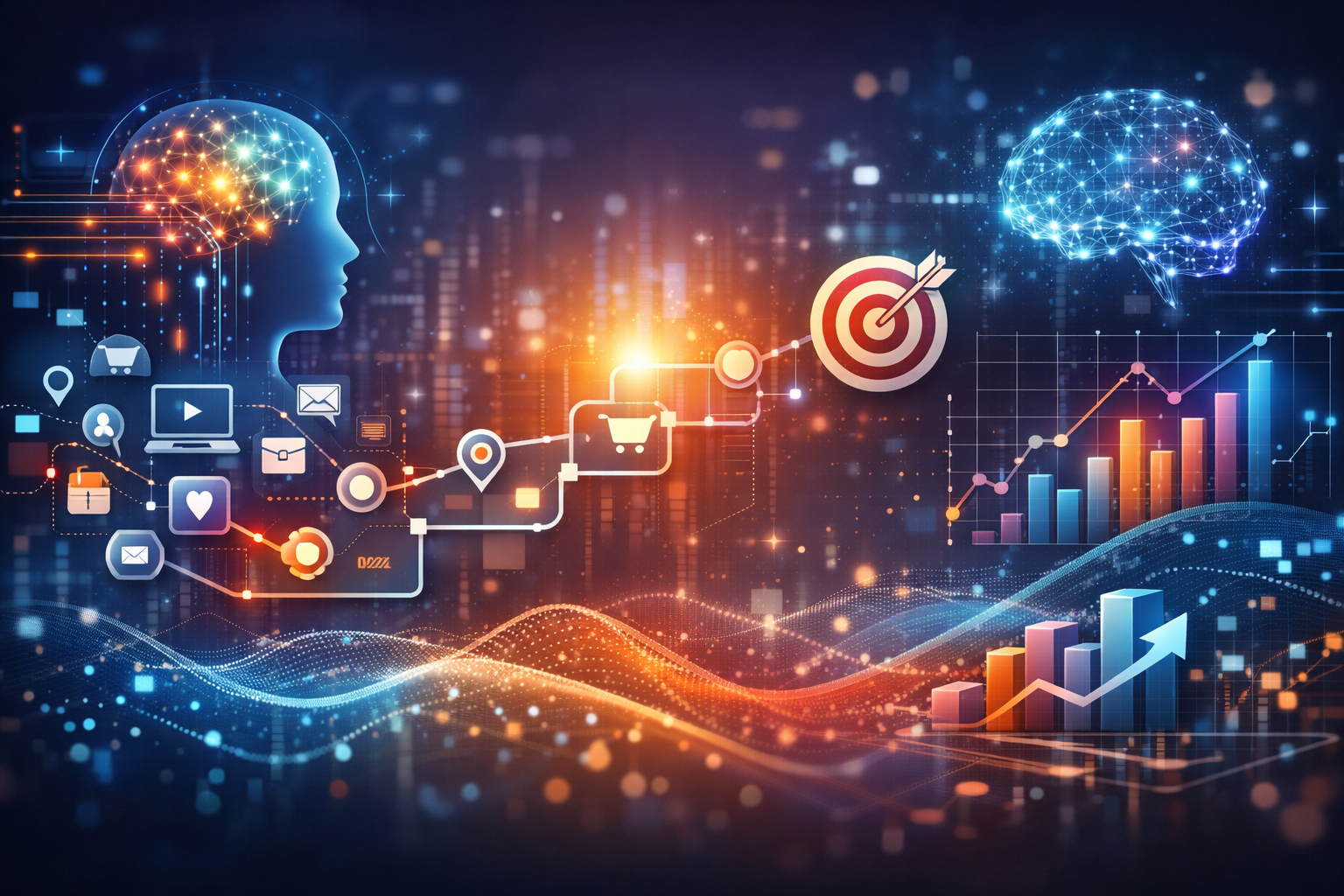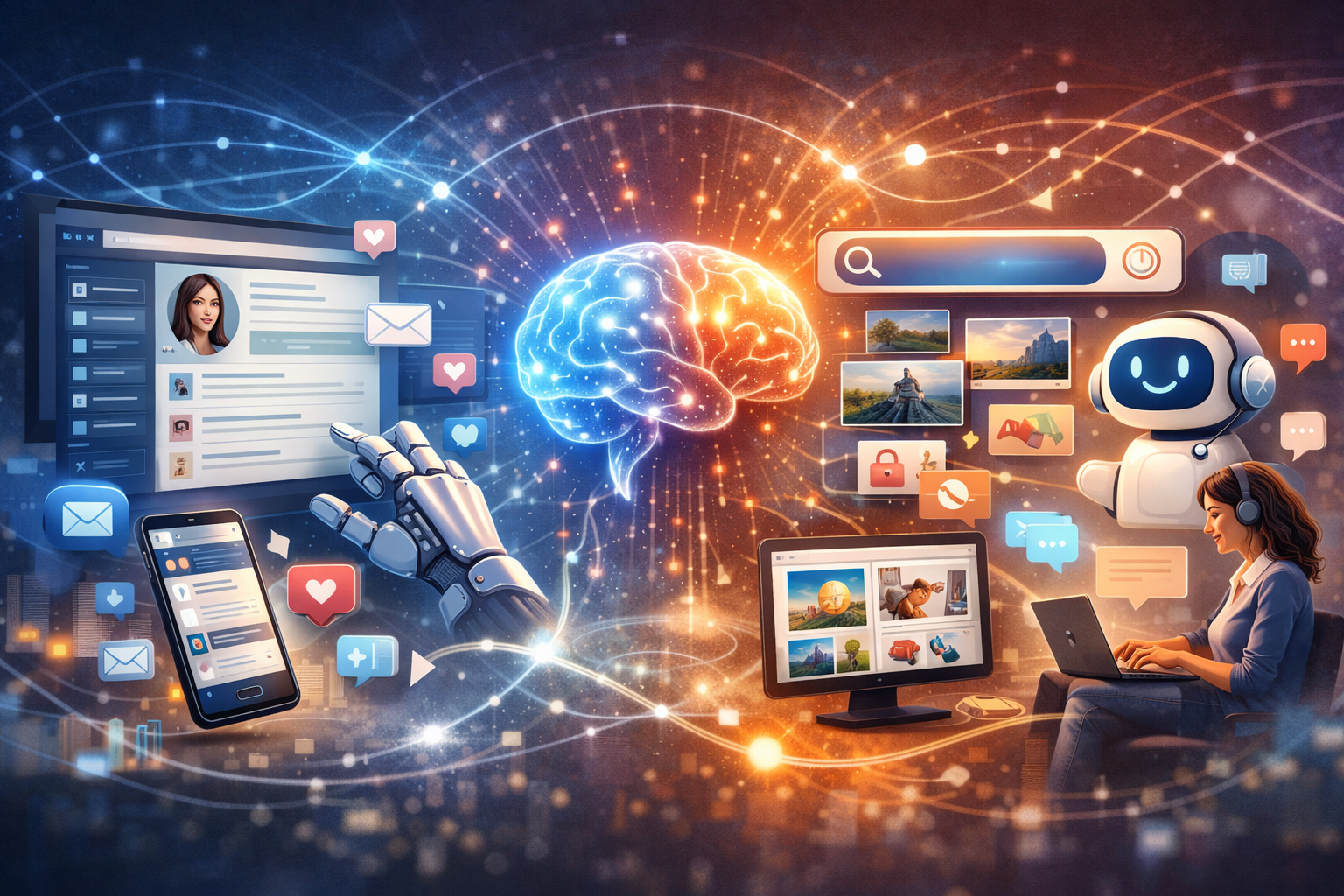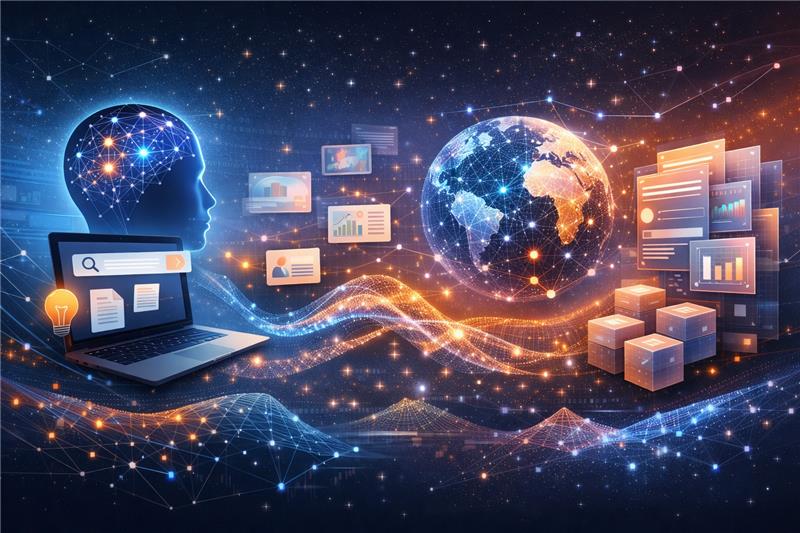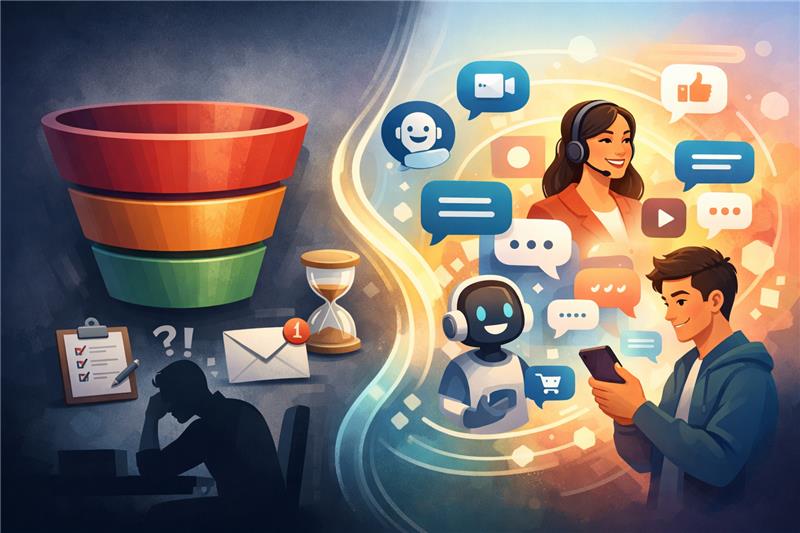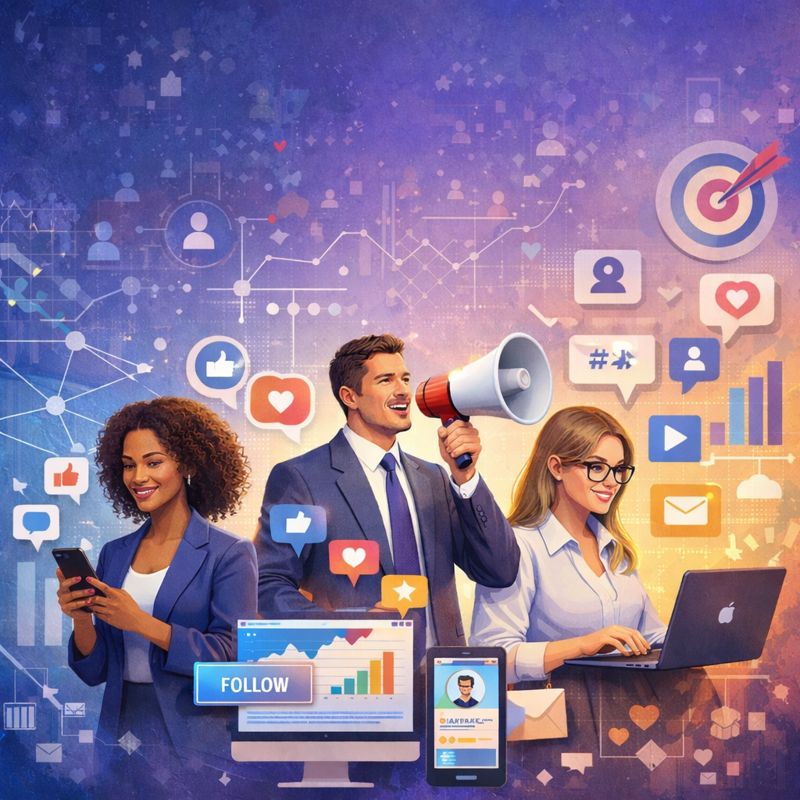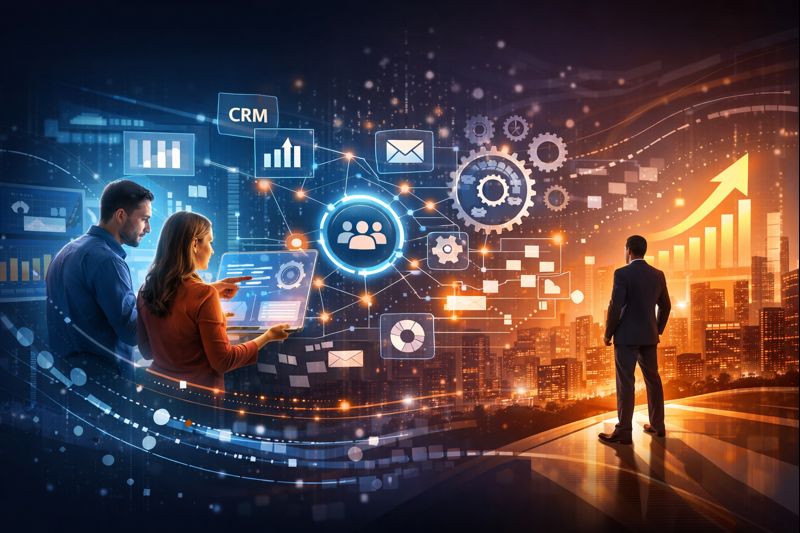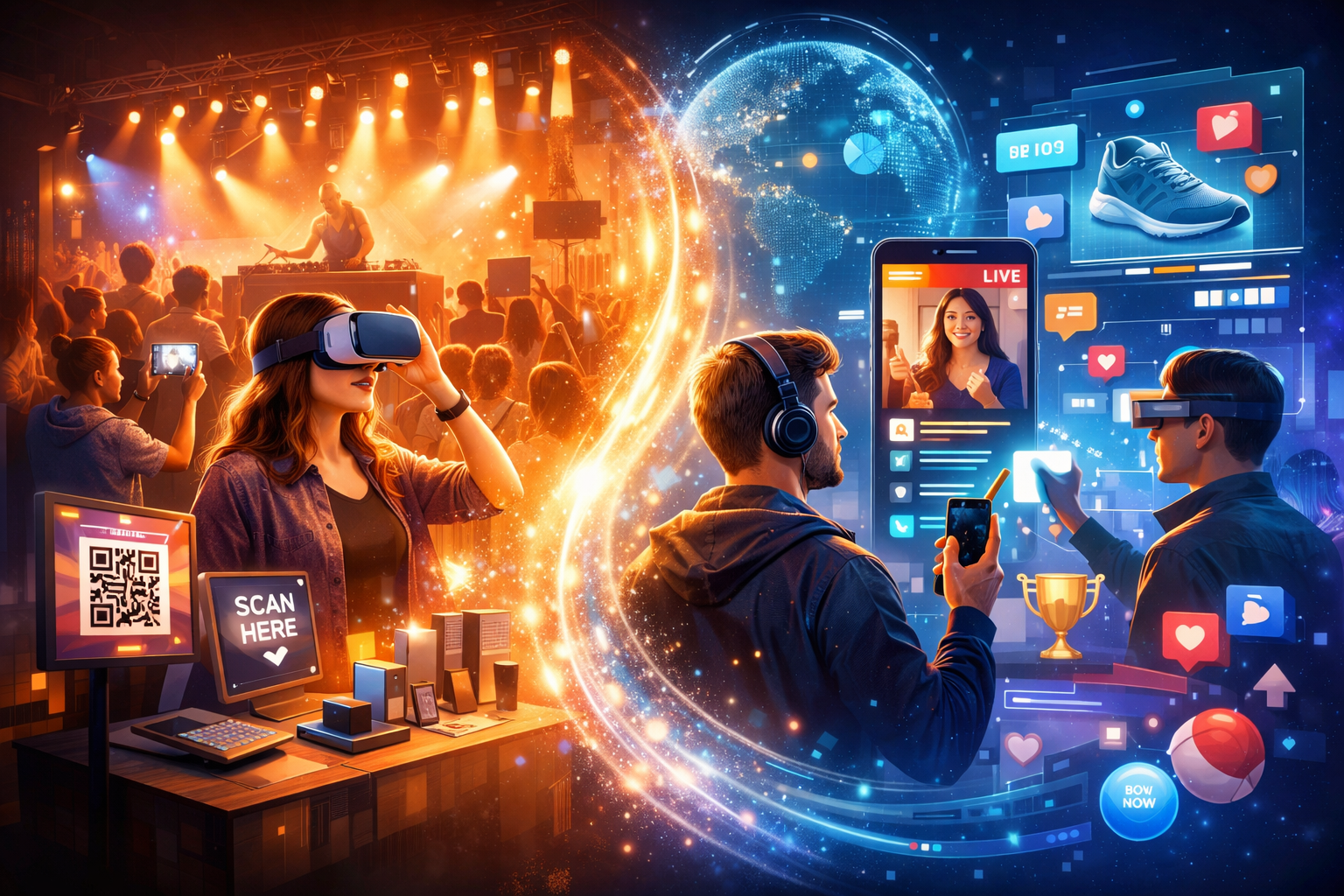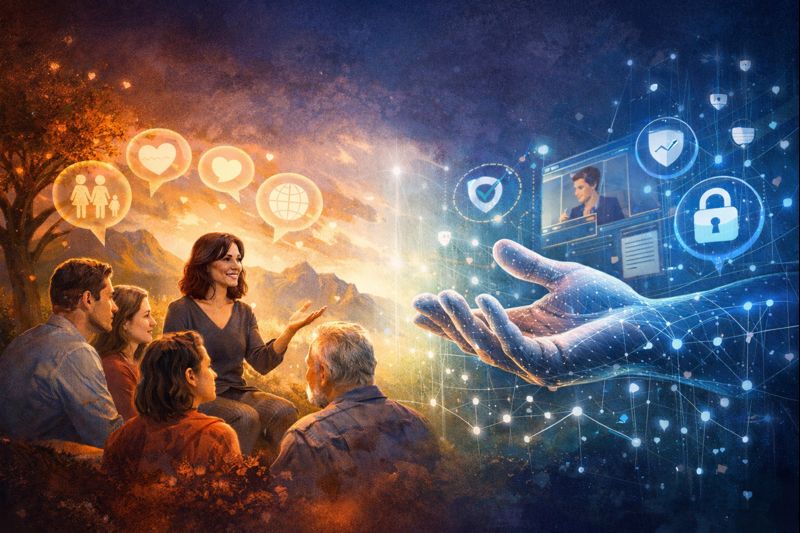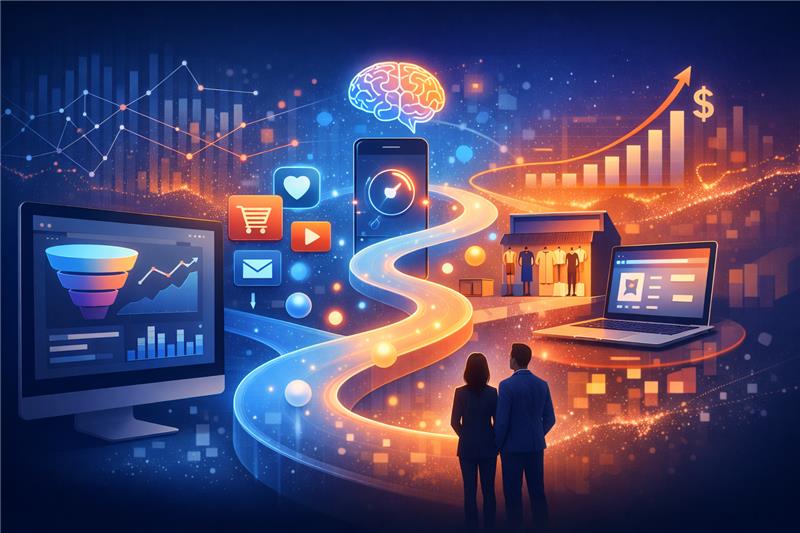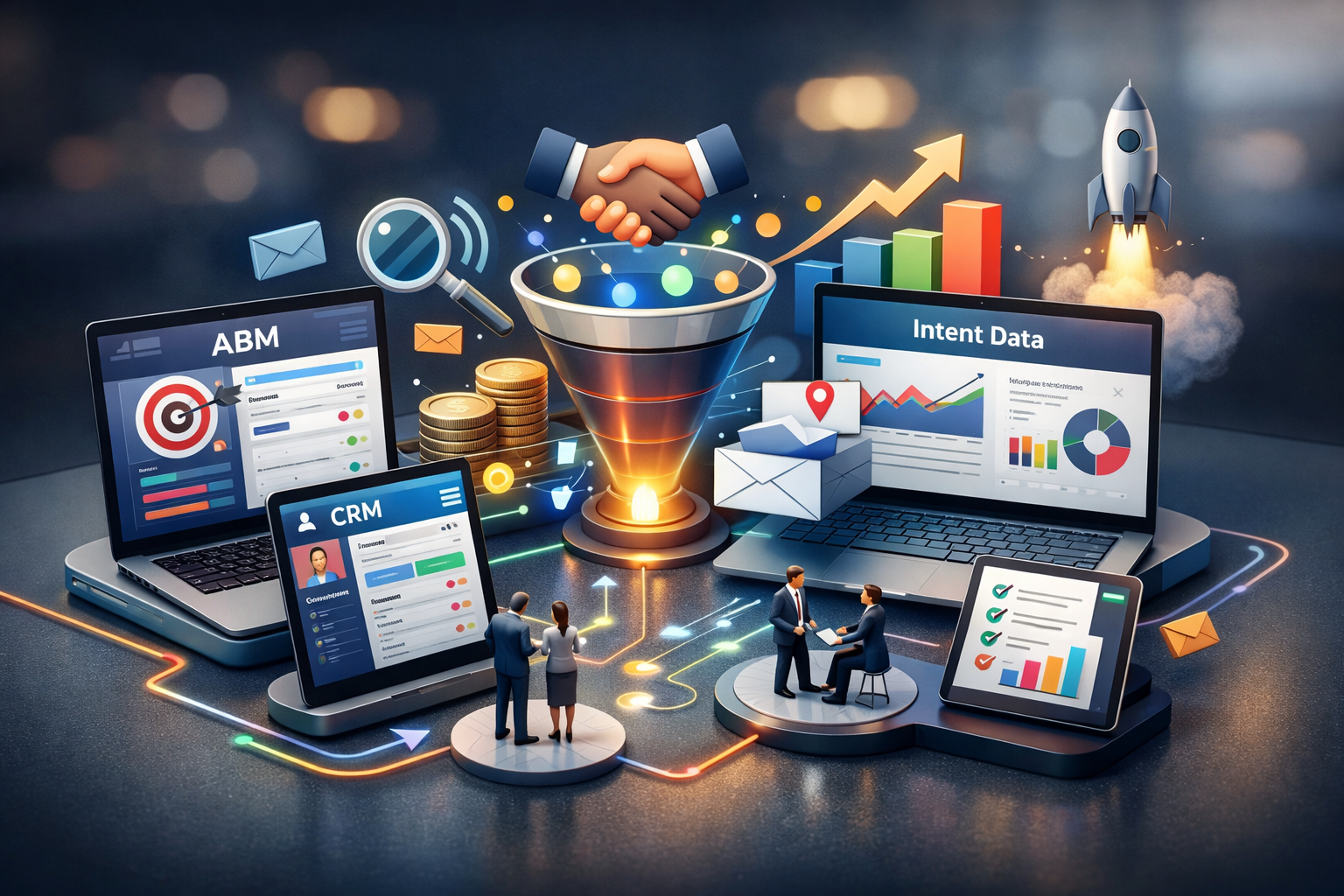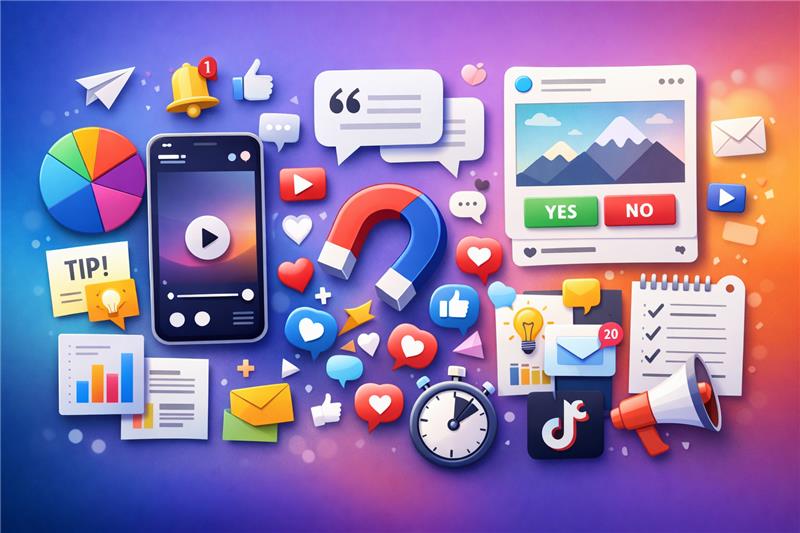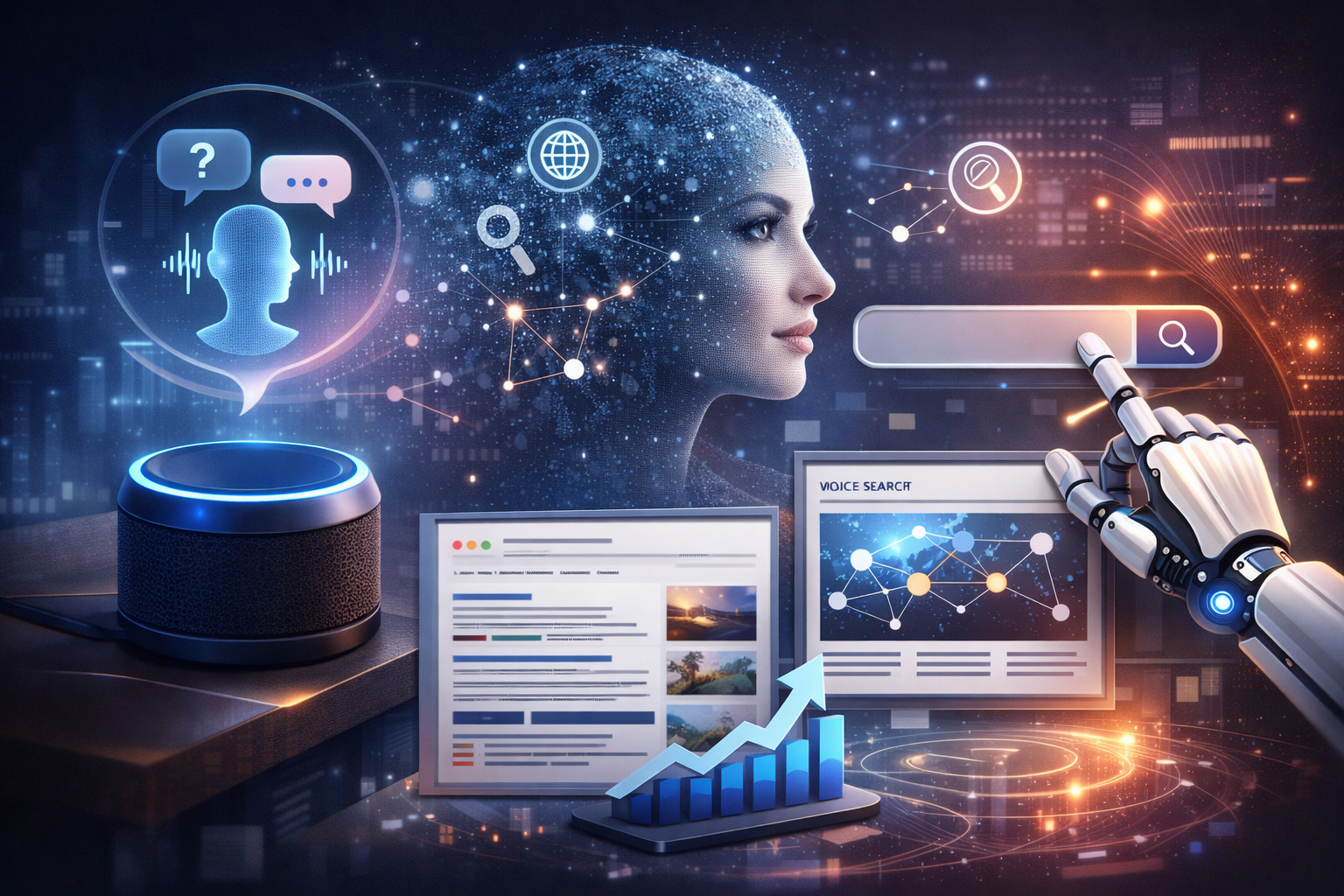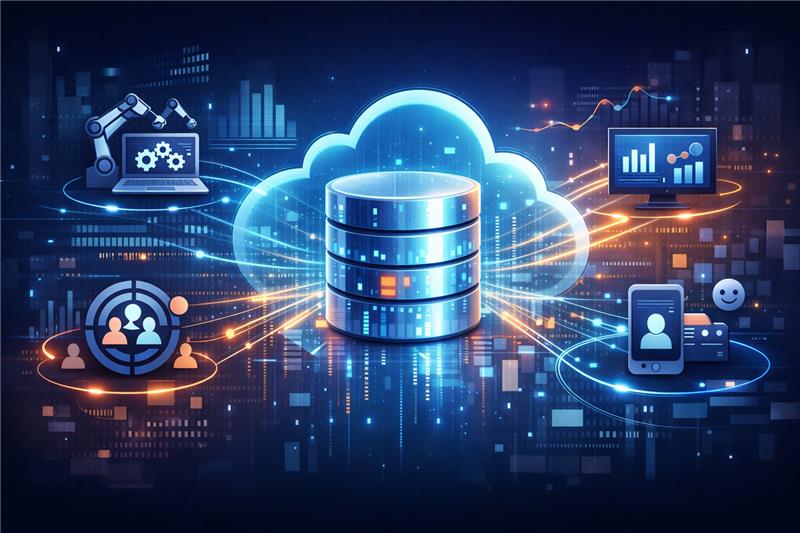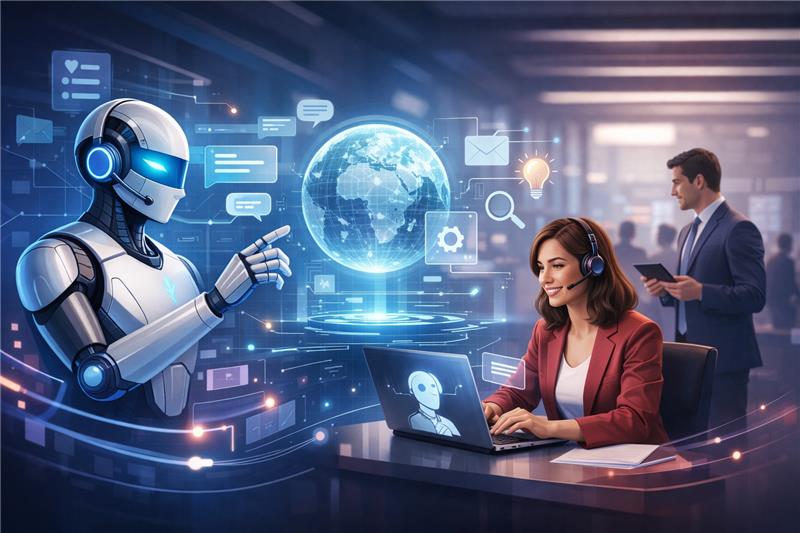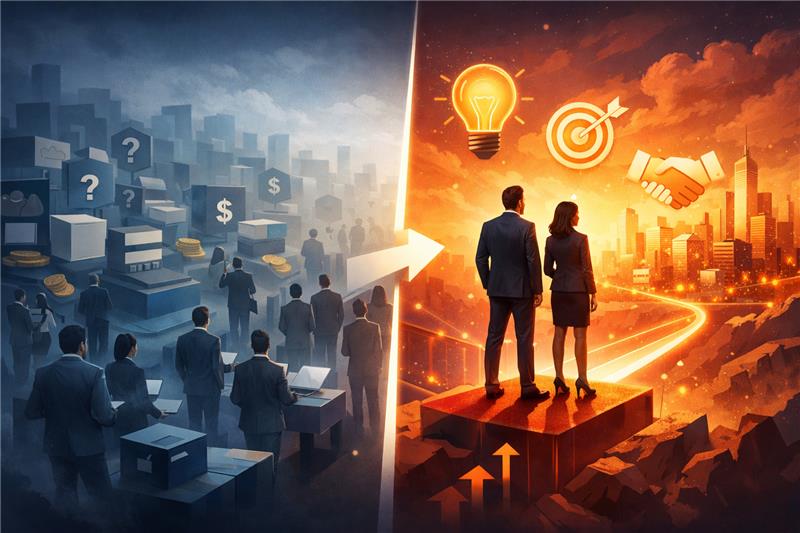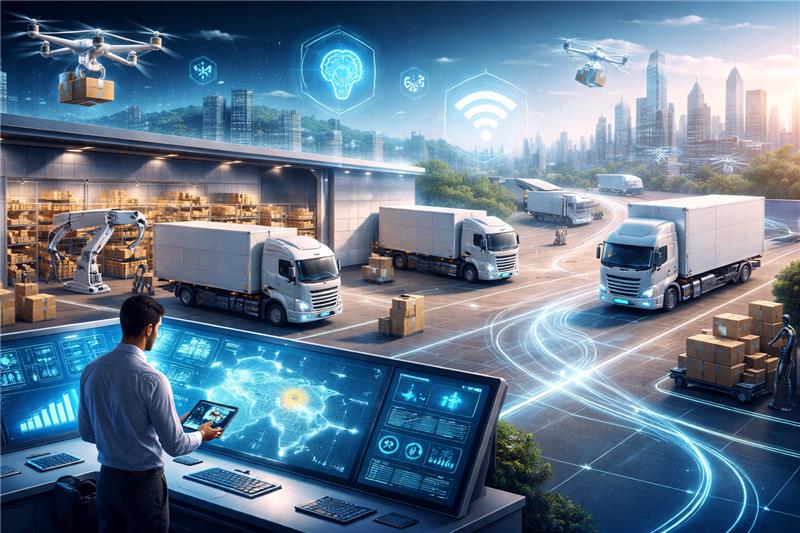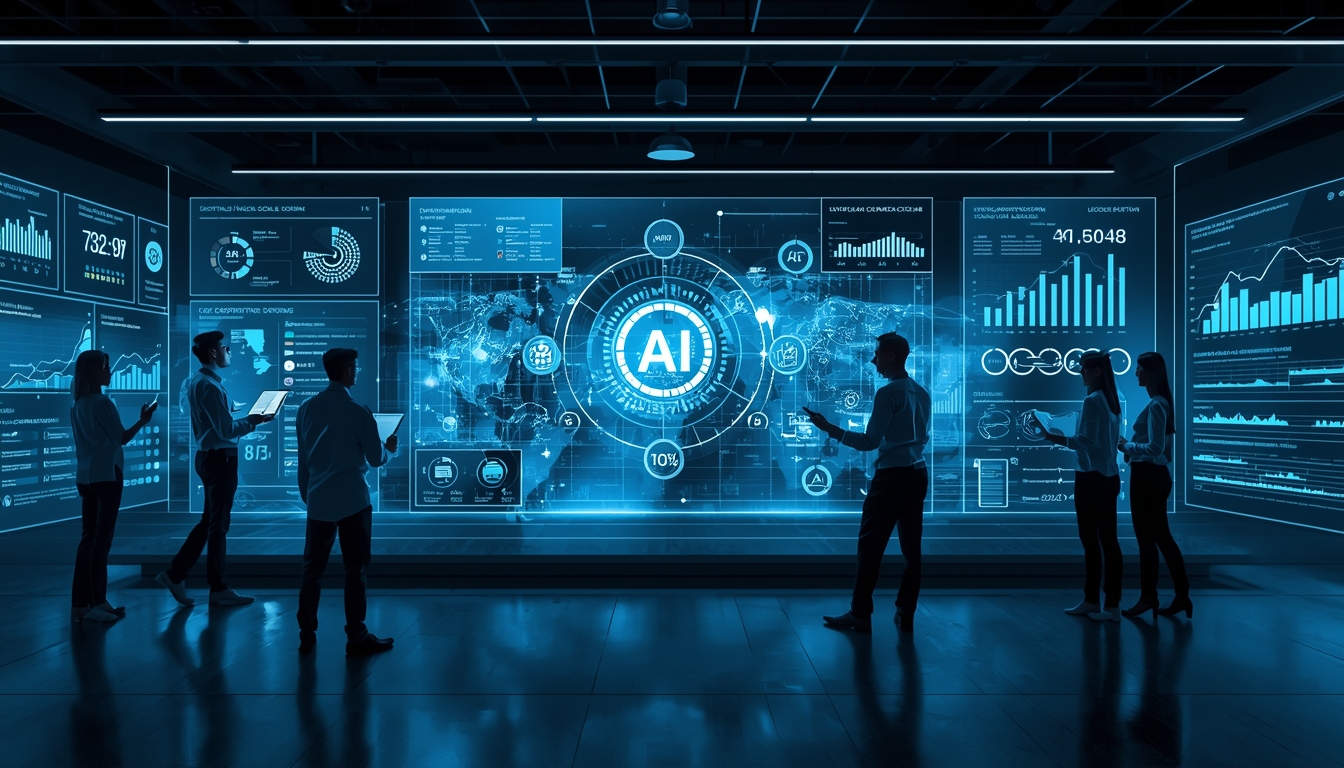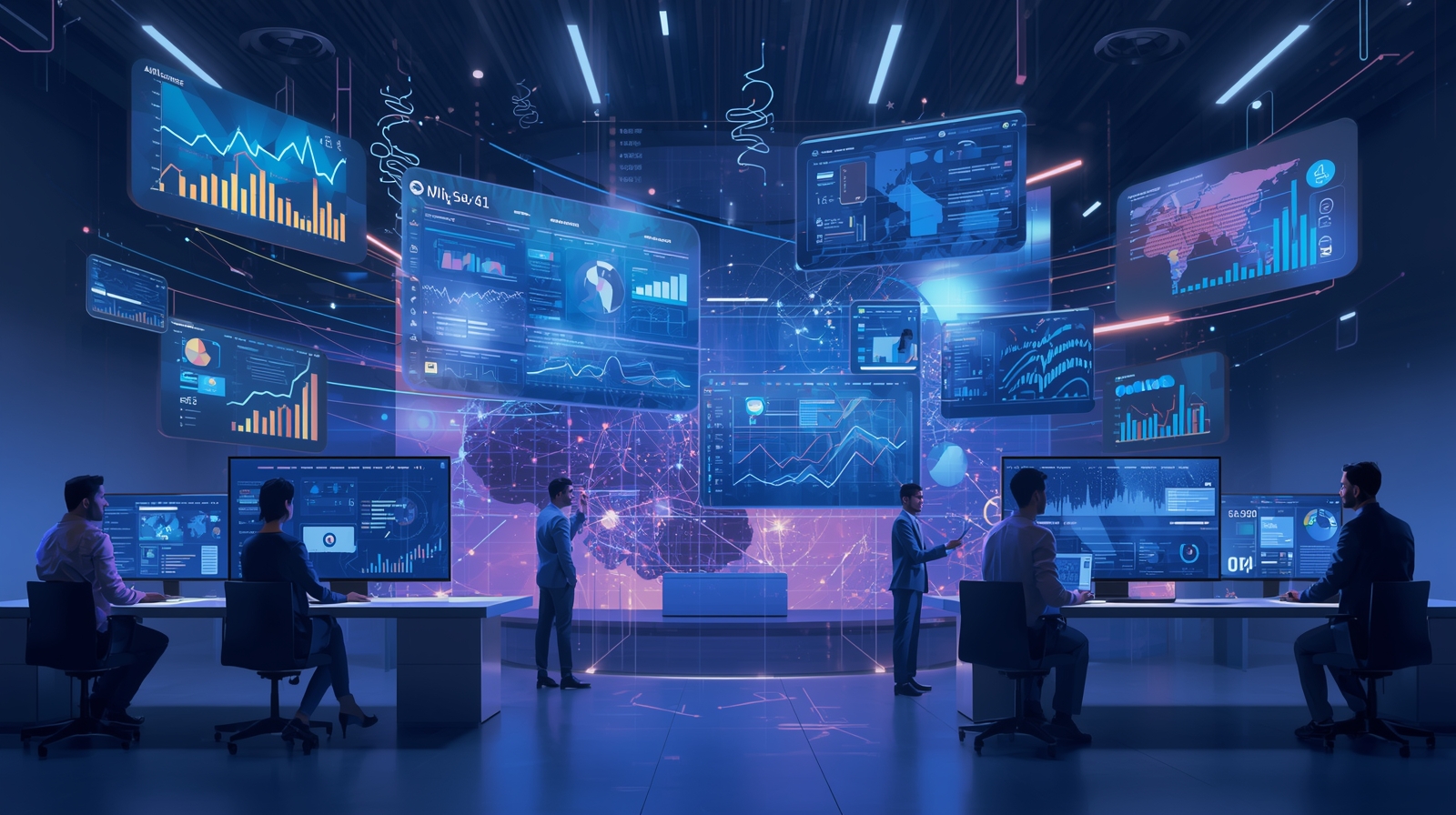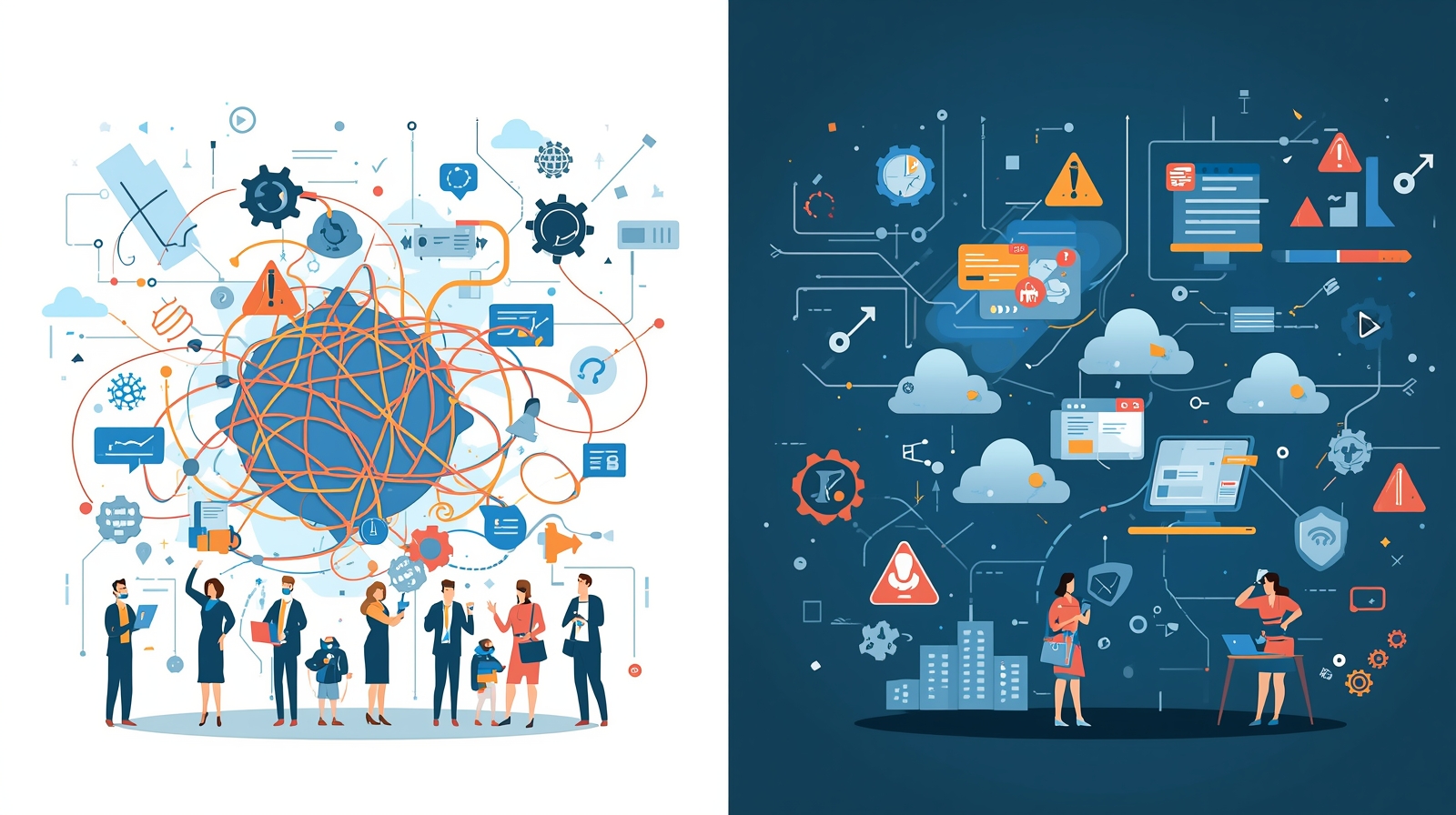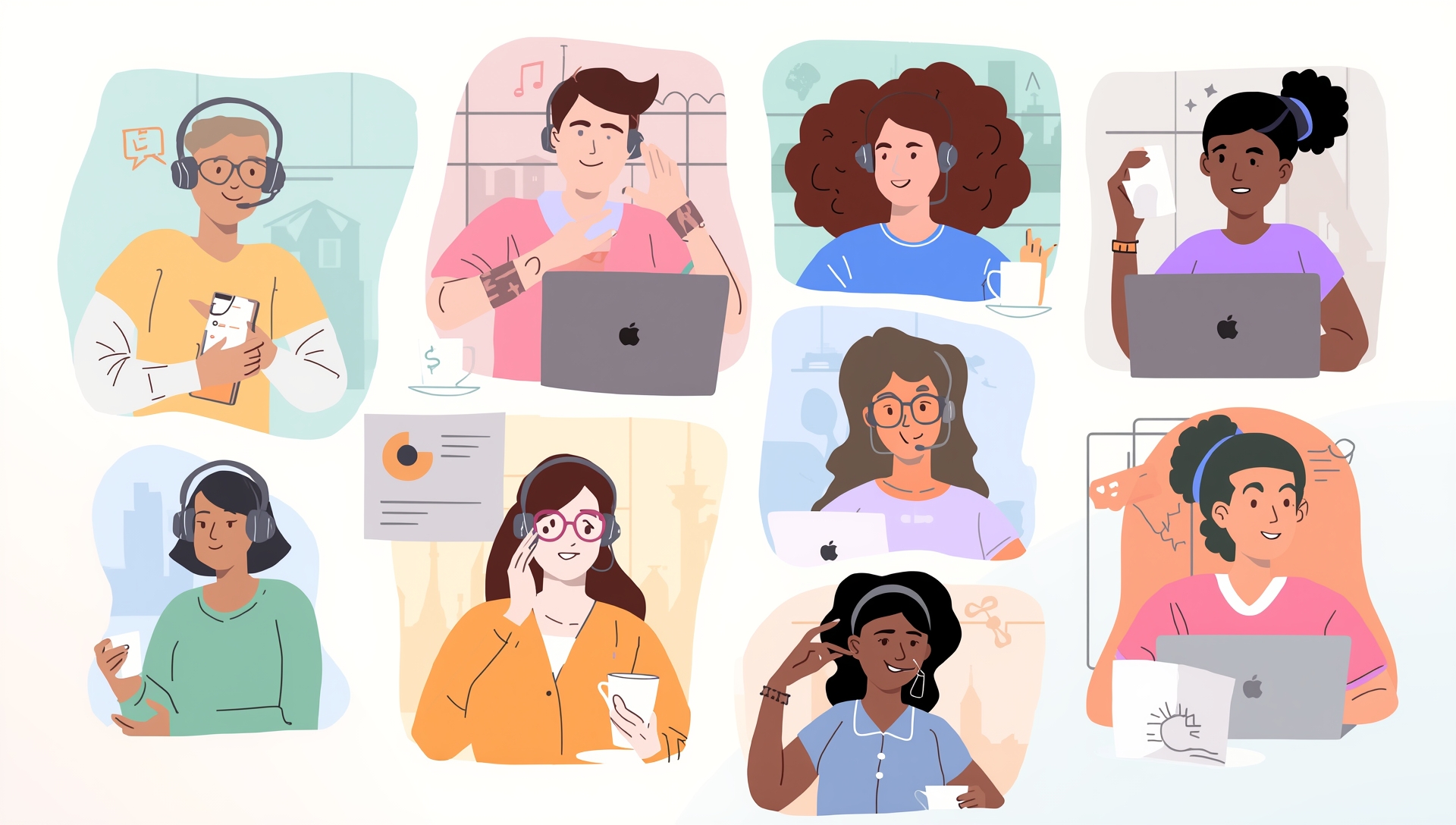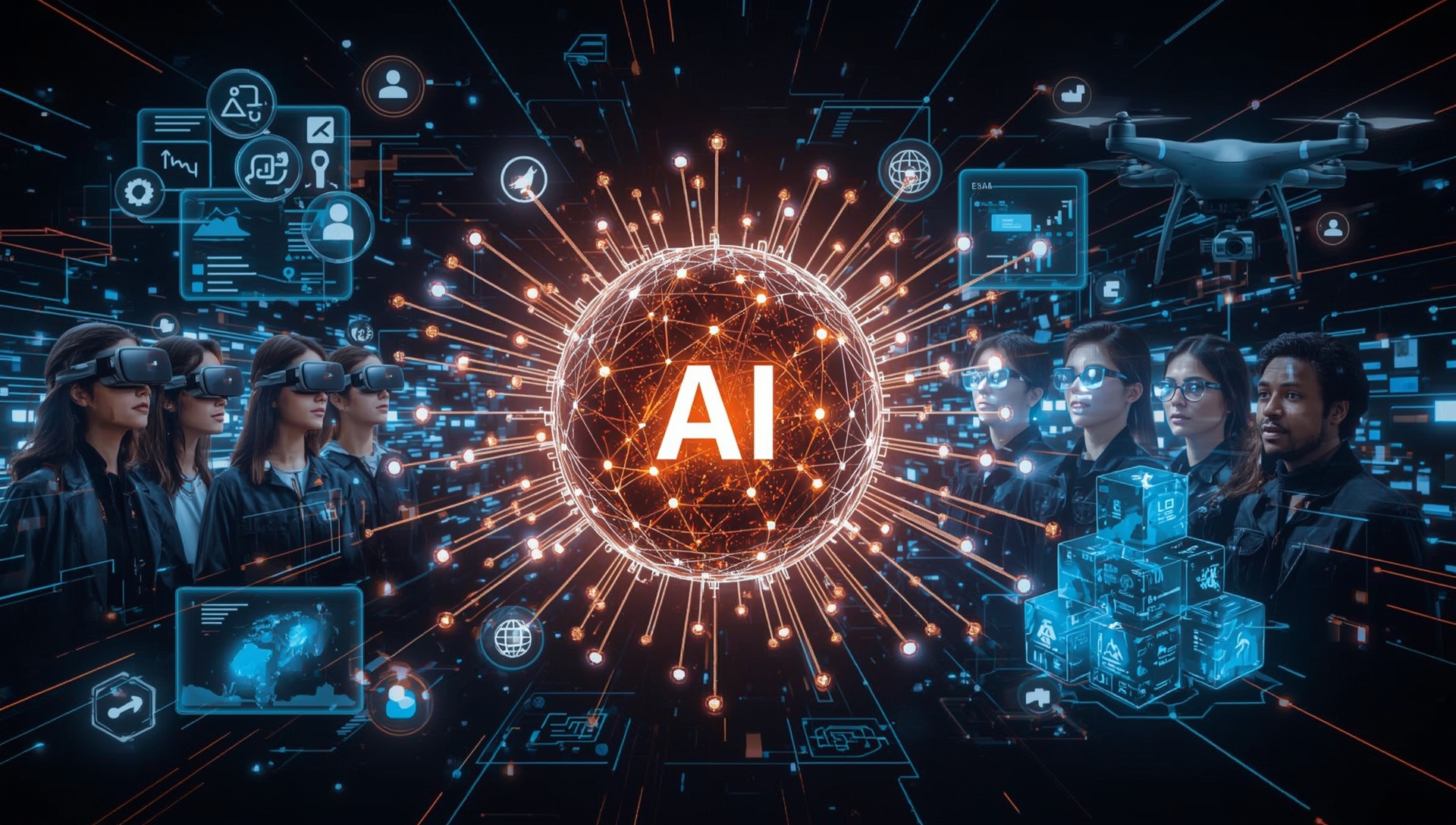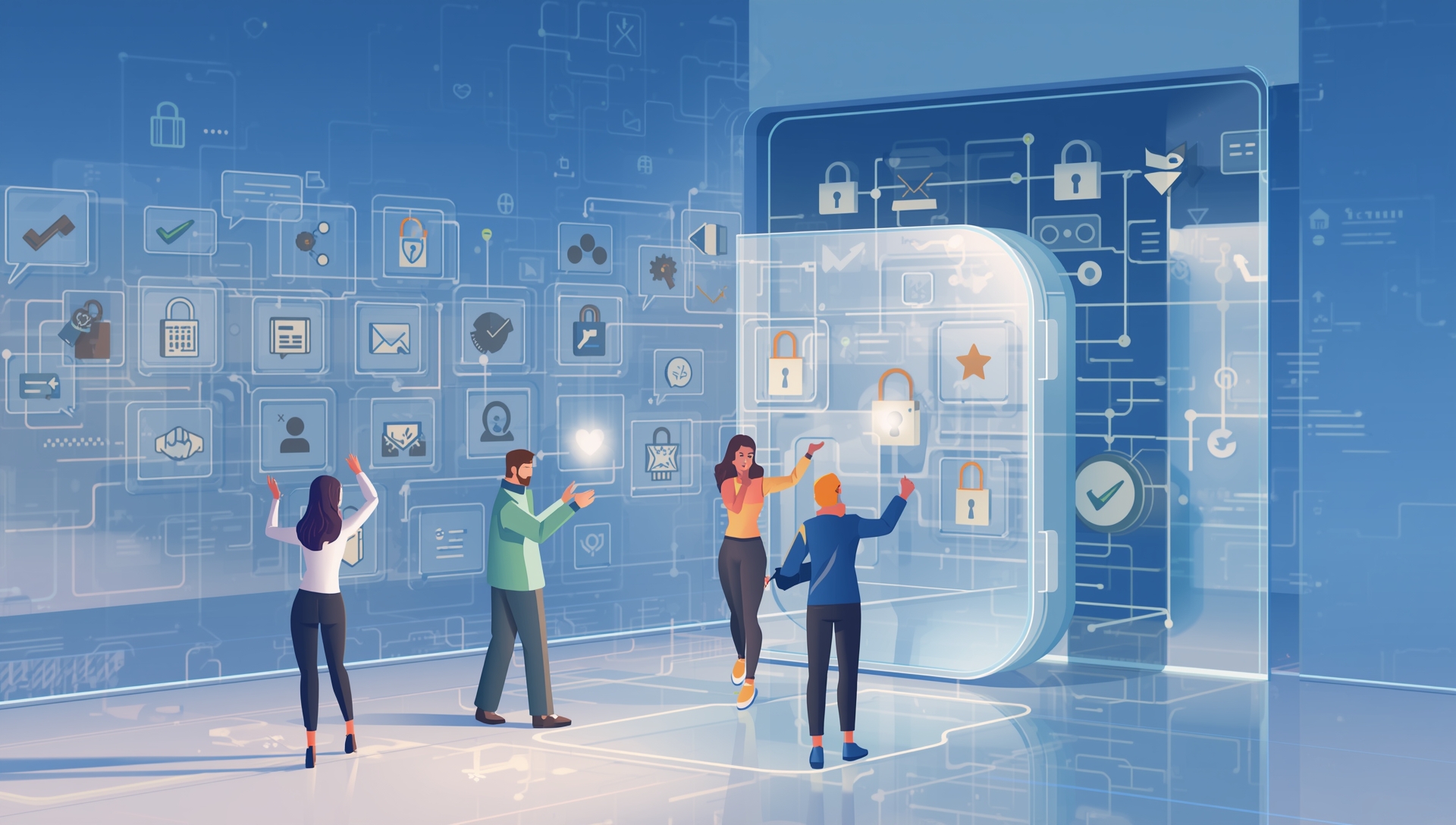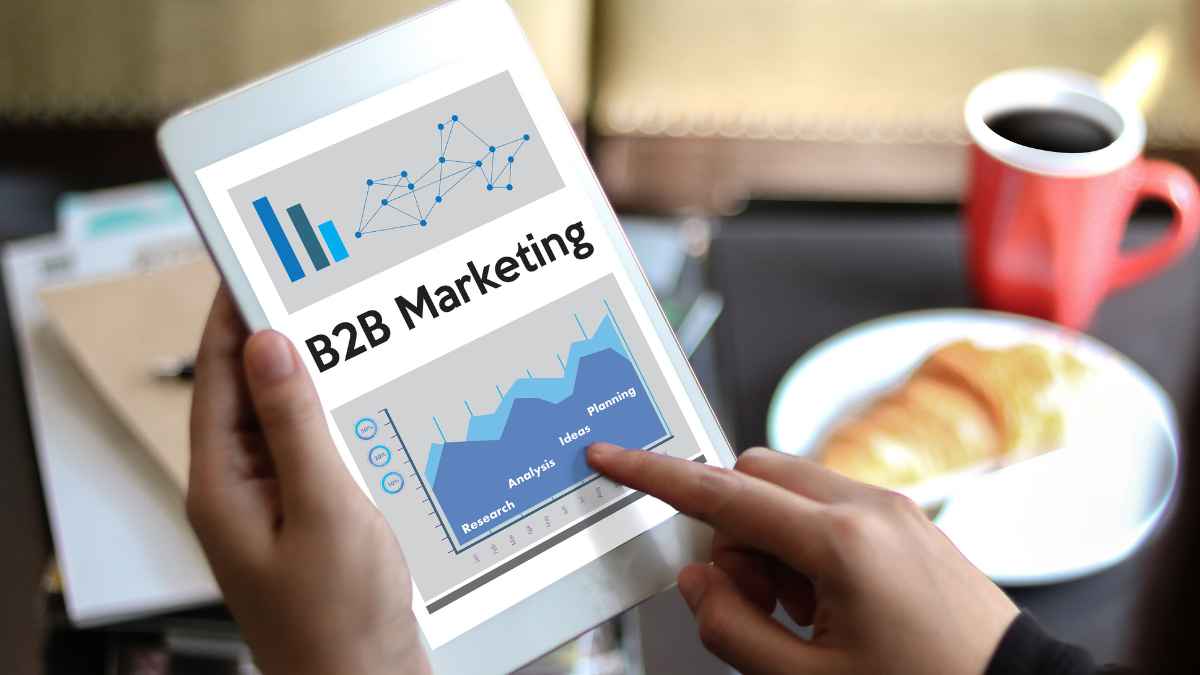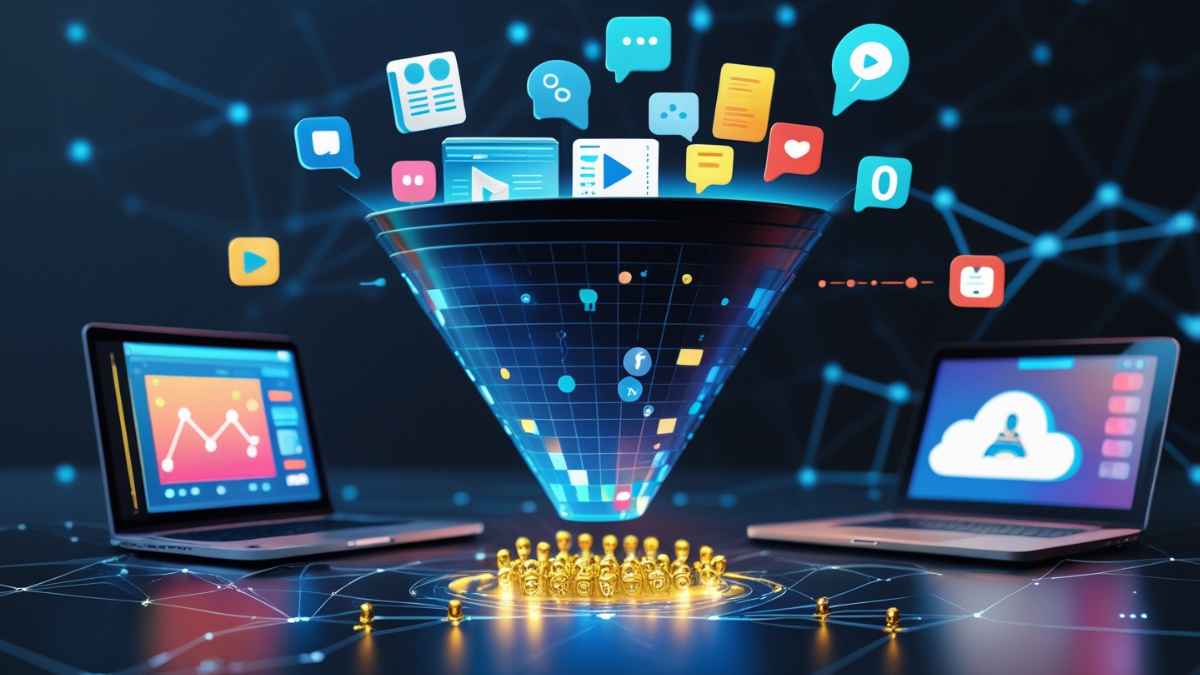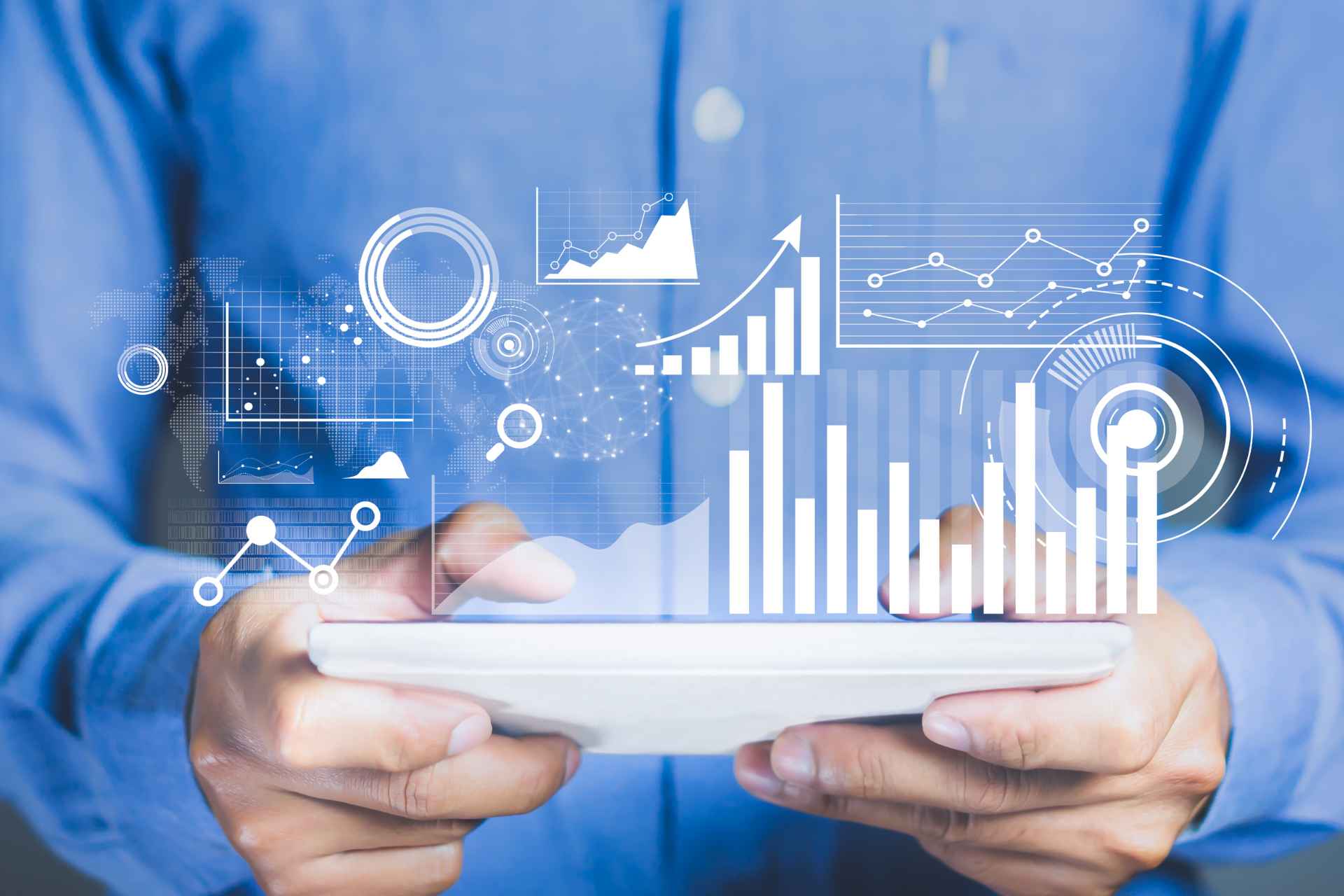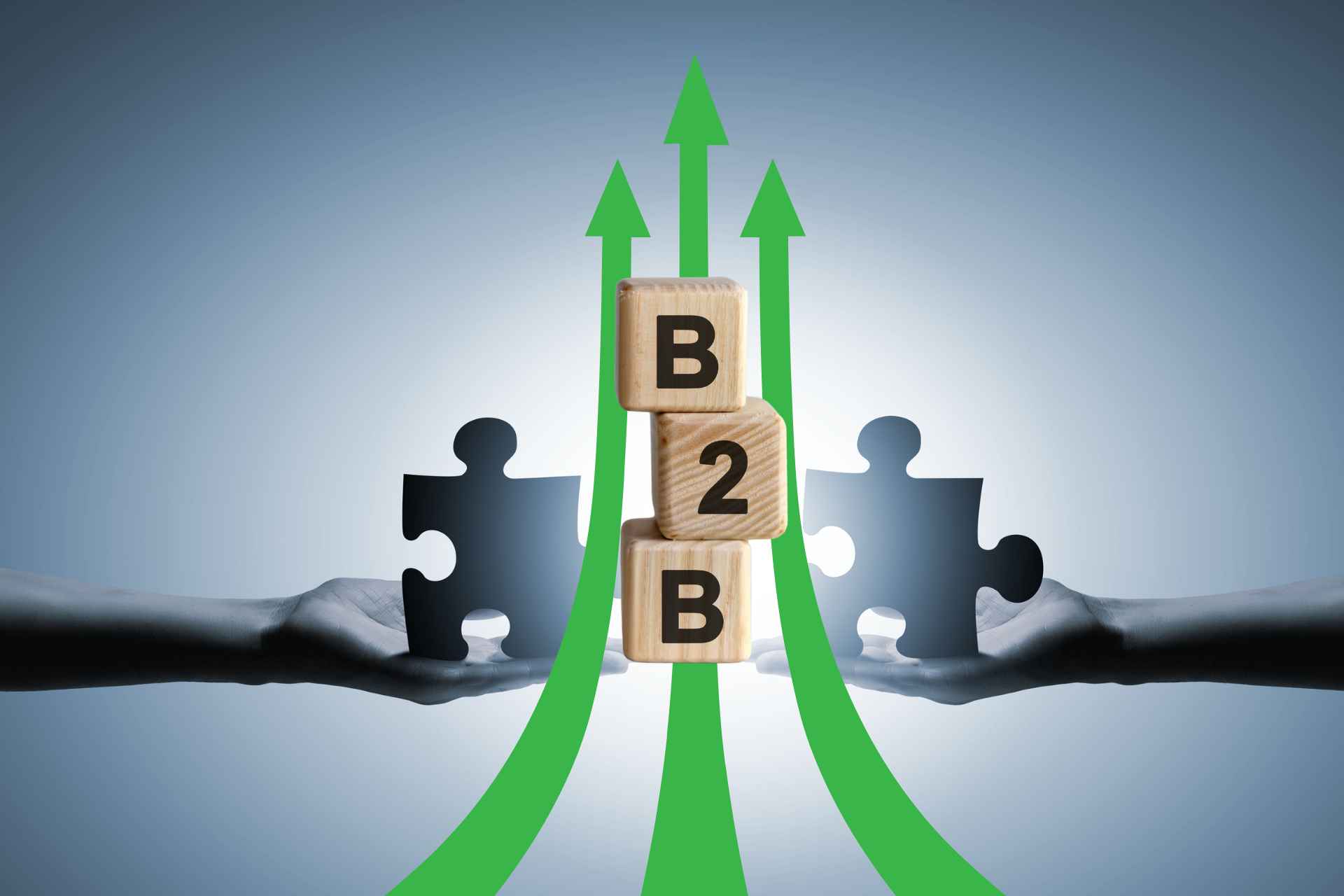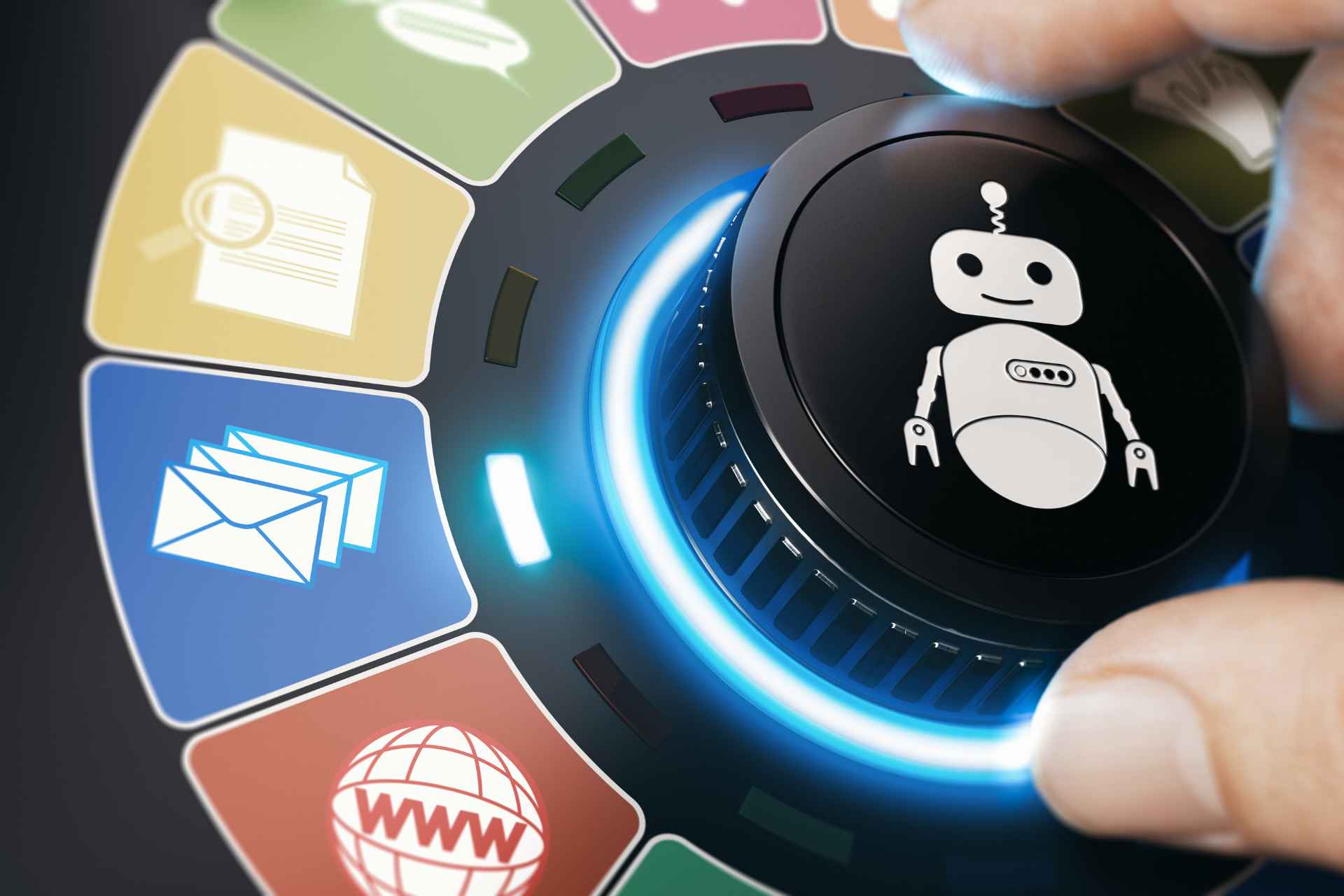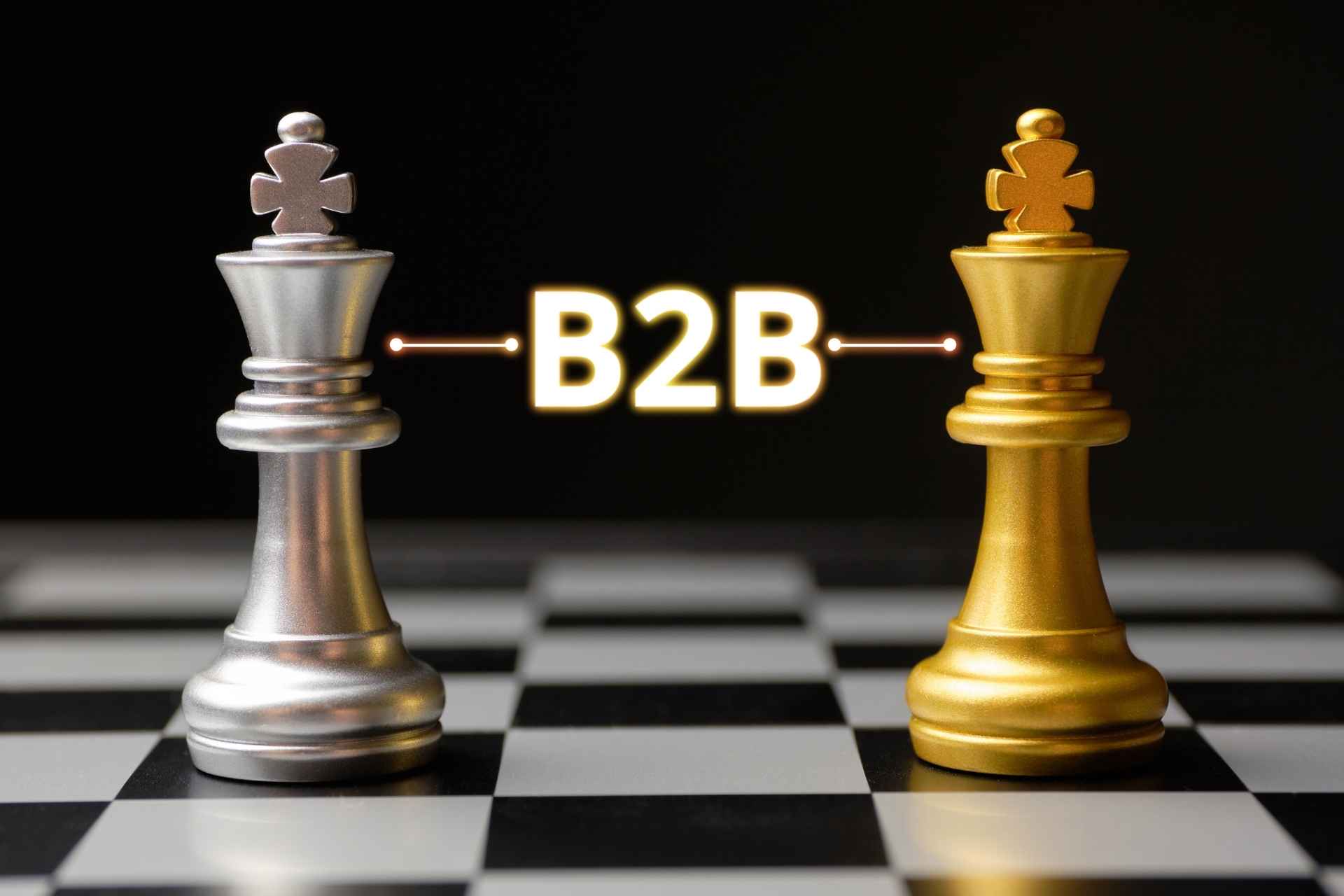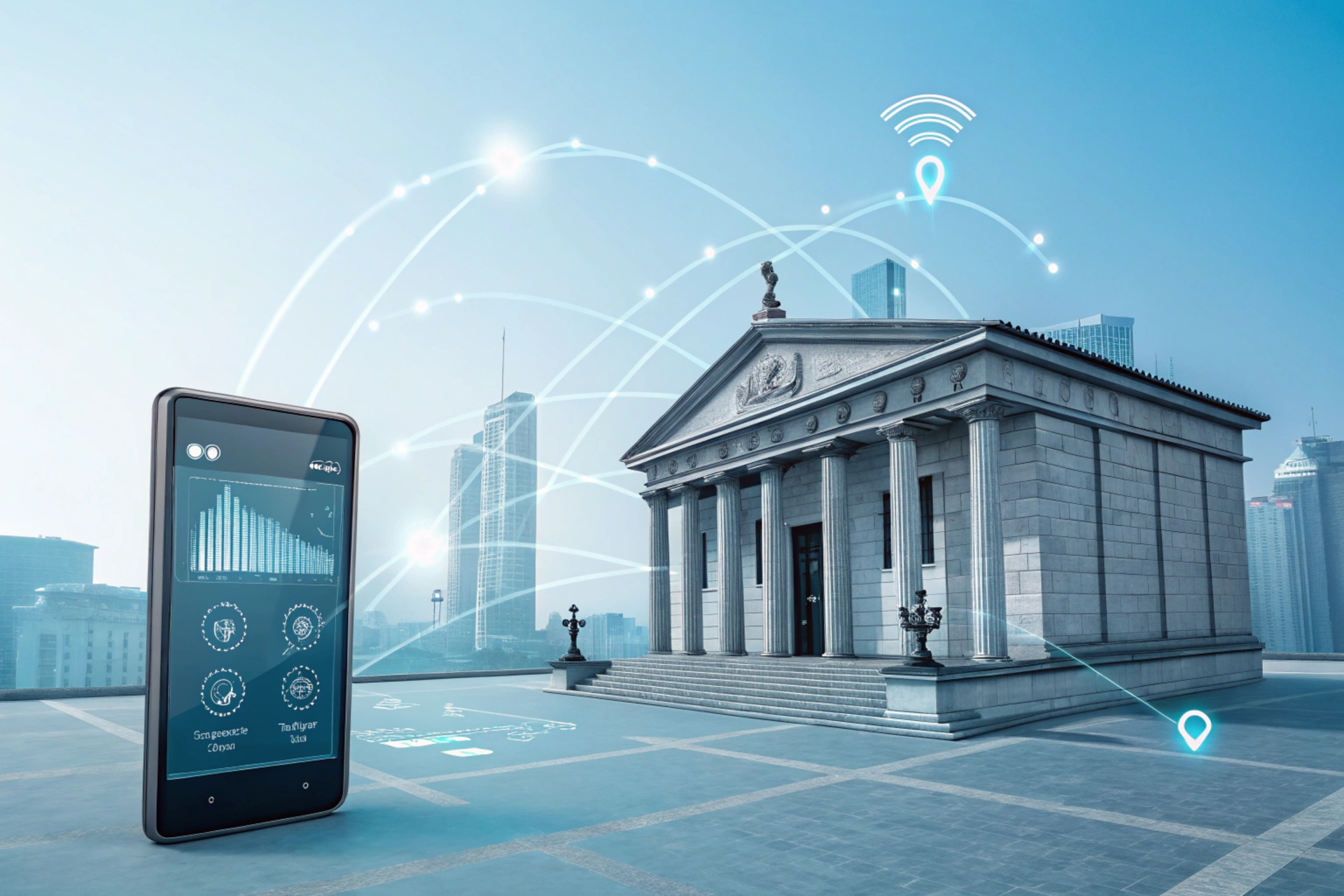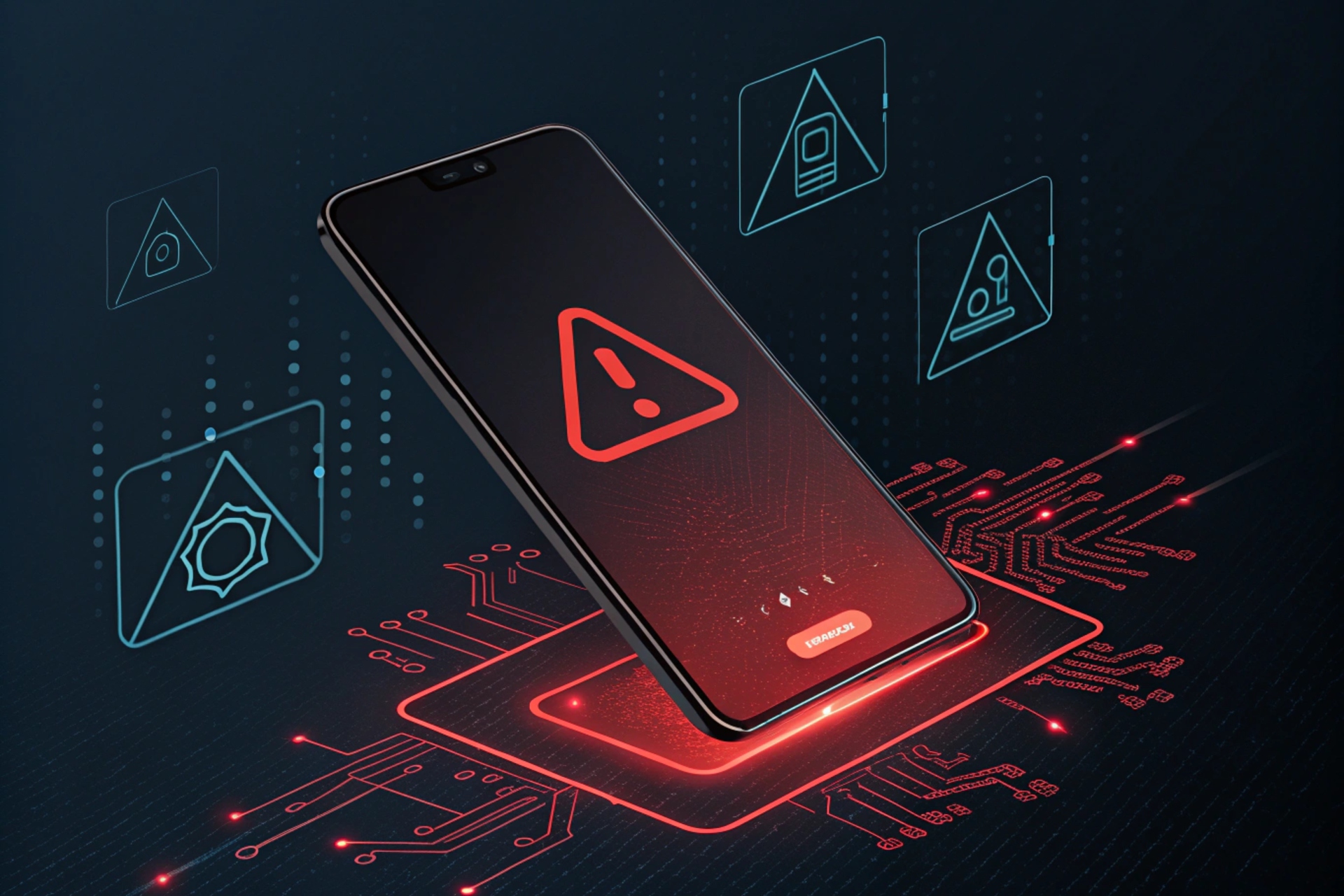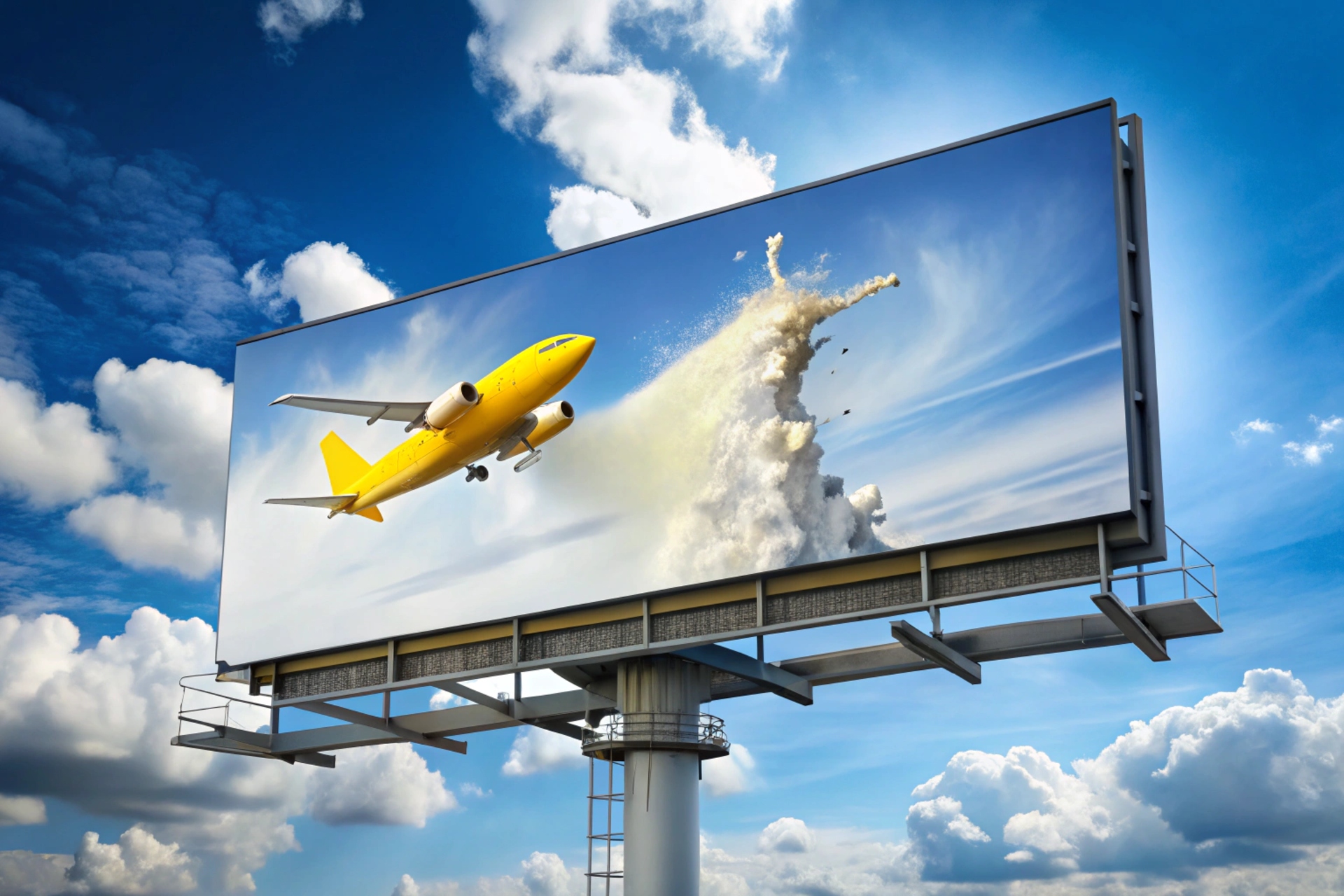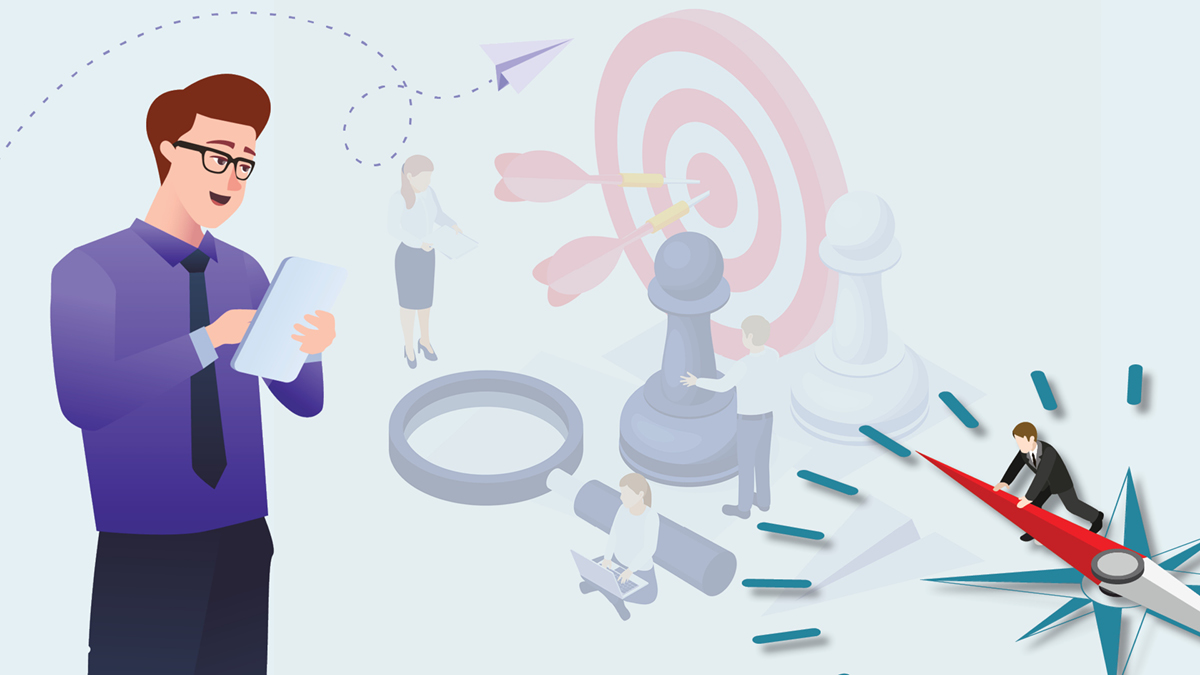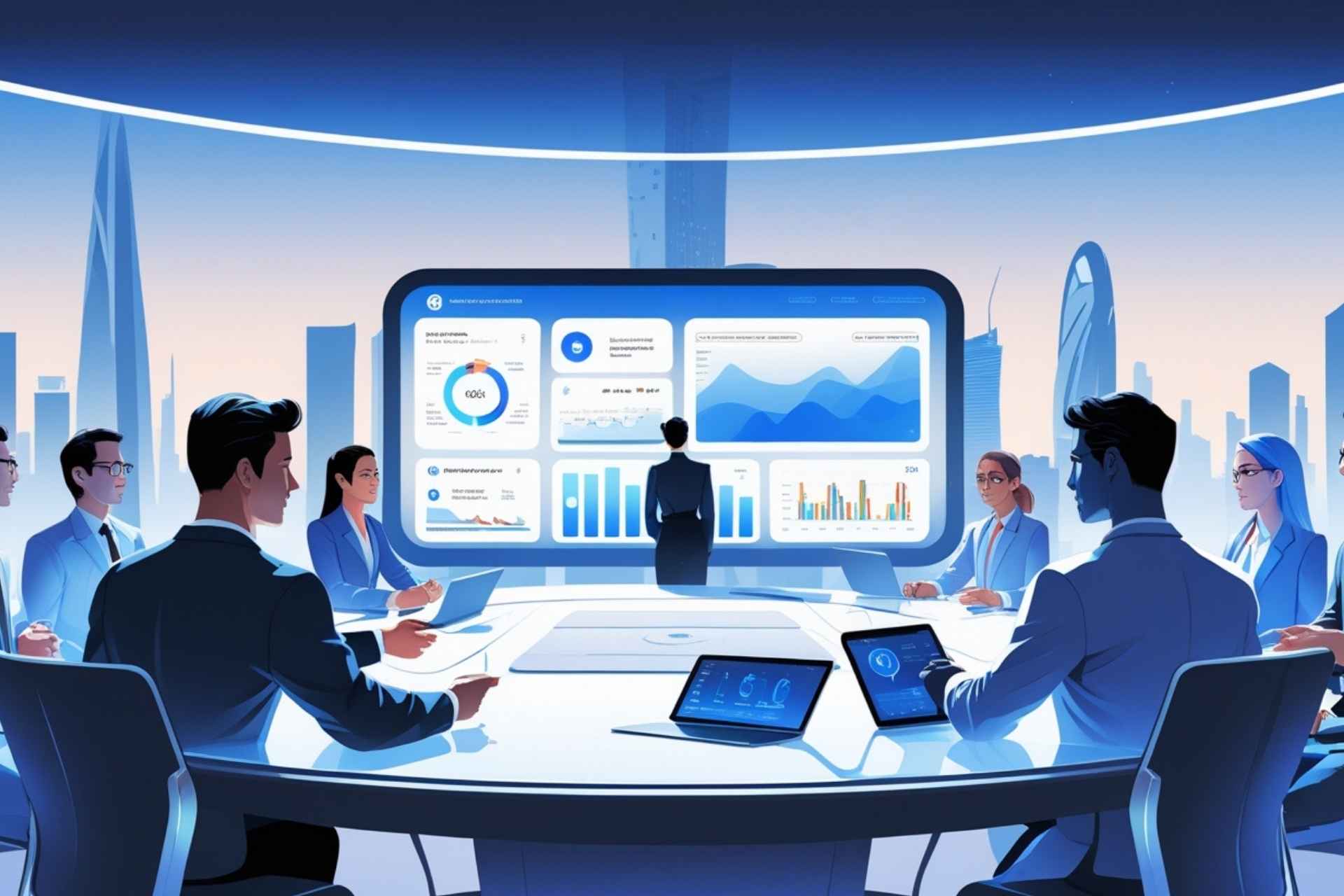
In today’s B2B landscape, personalized experiences are no longer a luxury—they are an expectation. Businesses are increasingly looking for tailored solutions, unique value propositions, and individual attention. With the right use of technology, companies can not only meet but exceed these expectations, delivering exceptional, personalized experiences to their business clients.
Here’s how B2B companies can harness technology to deliver personalized experiences:
1. Data Collection and Management
The first step to delivering personalized B2B experiences is collecting and organizing the right data. Whether it’s customer demographics, purchasing behavior, or industry-specific needs, data is the foundation of any personalized experience.
Tools & Technologies:
- CRM Systems (Customer Relationship Management): Platforms like Salesforce, HubSpot, and Zoho CRM help businesses gather insights into customer behavior, interaction history, and preferences. These tools allow businesses to build comprehensive customer profiles, which form the basis for personalized interactions.
- Data Analytics Tools: Tools like Google Analytics and Tableau enable businesses to track user behavior on their website or digital platforms. These insights help understand what content or products resonate most with each client.
Why it Matters:The more you know about your clients, the better you can tailor your offerings. Personalized experiences require deep insights into client behavior and pain points, and this is where technology comes into play. The right data management systems ensure all the relevant information is easily accessible, allowing your team to act on it quickly and effectively.
2. Content Personalization
B2B buyers expect content that speaks to their specific needs and challenges. Generic content no longer cuts it. By leveraging technology, businesses can deliver highly targeted, personalized content to each customer based on their unique characteristics and preferences.
Tools & Technologies:
- Content Management Systems (CMS): Platforms like WordPress, Sitecore, and Drupal can help automate content personalization. With dynamic content blocks, businesses can tailor what a visitor sees based on their location, industry, or behavior.
- AI-Driven Content: Tools powered by AI, like Acrolinx or Copy.ai, can create personalized content at scale. These systems analyze your audience’s preferences and automatically generate blog posts, emails, or product recommendations that are tailored to specific personas.
Why it Matters:B2B buyers are increasingly expecting content that aligns with their interests and goals. Personalized content not only increases engagement but also fosters a deeper connection with clients. By using AI and CMS platforms, you can automate content delivery, ensuring that the right message reaches the right person at the right time.
3. Automated Email Campaigns
Email marketing remains one of the most effective ways to nurture B2B relationships. But not all email campaigns are created equal. In today’s digital world, generic email blasts are less effective. B2B companies must use automation and personalization to create campaigns that speak directly to individual client needs.
Tools & Technologies:
- Marketing Automation Platforms: HubSpot, Marketo, and ActiveCampaign are powerful tools that enable B2B businesses to send personalized email campaigns based on user behavior. For example, if a prospect downloads a white paper, the system can trigger a series of automated emails with related content or product offers.
- AI-Powered Personalization: Advanced platforms like Dynamic Yield or Persado use AI to dynamically personalize email content based on customer data, improving the relevance of your messages and engagement rates.
Why it Matters:Personalized emails that are tailored to a client’s past behavior, industry, or position in the sales funnel drive higher open rates and conversions. By automating this process, businesses can ensure that the right message reaches the right person without sacrificing the personal touch.
4. Personalized Website Experience
When B2B customers visit your website, they expect to see content that is relevant to them—whether they’re from a specific industry, job function, or business size. By using personalization technologies, you can customize your website’s user experience to meet these expectations.
Tools & Technologies:
- Website Personalization Platforms: Tools like Optimizely and Dynamic Yield allow you to deliver a unique website experience based on user behavior, geographic location, or business attributes. For example, if a visitor from the healthcare industry browses your site, they might see case studies and solutions specific to their sector.
- Behavioral Targeting: Using cookies and tracking scripts, you can dynamically adjust content for returning visitors based on their previous interactions with your website. This ensures that prospects see content tailored to their interests without needing to start from scratch each time they visit.
Why it Matters:A personalized website experience ensures that clients can easily find content and solutions that are relevant to their business. This reduces friction in the buyer’s journey and increases the likelihood of conversion.
5. AI-Powered Chatbots for Instant Personalization
One of the most powerful ways to provide a personalized B2B experience is through real-time interactions. AI-powered chatbots can engage with customers on your website or social media platforms to offer tailored solutions instantly.
Tools & Technologies:
- AI Chatbots: Platforms like Drift, Intercom, and Tidio offer chatbots that are capable of analyzing a user’s behavior and context to deliver personalized responses. For example, a chatbot can recommend specific products based on a customer’s past interactions or provide industry-specific information based on the visitor’s profile.
- Natural Language Processing (NLP): With advancements in NLP, chatbots can understand and respond to customer inquiries with a level of nuance that’s nearly indistinguishable from human interaction.
Why it Matters:Chatbots offer instant support and personalized recommendations, improving the overall user experience. In B2B settings, where the decision-making process can be long and complex, providing fast, personalized answers can significantly improve customer satisfaction and drive conversions.
6. Personalized Product Recommendations
Technology can also be used to personalize product or service recommendations based on a client’s past purchases, browsing behavior, or industry. In B2B, this can be particularly valuable for offering complementary services or upselling higher-value solutions.
Tools & Technologies:
- Recommendation Engines: Tools like Algolia and Amazon Personalize can analyze customer data to make personalized product recommendations based on past behavior. In a B2B setting, this could mean recommending solutions that address specific pain points or complement the client’s existing tools or services.
- CRM Integration: By integrating these recommendation engines with CRM systems, businesses can deliver hyper-targeted product suggestions in emails, on websites, or through sales teams.
Why it Matters:B2B customers appreciate personalized product recommendations that simplify their decision-making process. Providing these suggestions not only enhances the customer experience but can also increase average order values and drive revenue growth.
Conclusion
Personalizing B2B experiences through technology is no longer just a competitive advantage; it’s a necessity in today’s fast-paced market. By leveraging tools like CRM systems, AI-driven content, automated emails, chatbots, and personalized recommendations, businesses can create customized experiences that resonate with their clients, build stronger relationships, and ultimately drive growth.
The key is to embrace the right technology, collect and analyze relevant data, and use that information to create meaningful, targeted interactions at every touchpoint of the customer journey.


